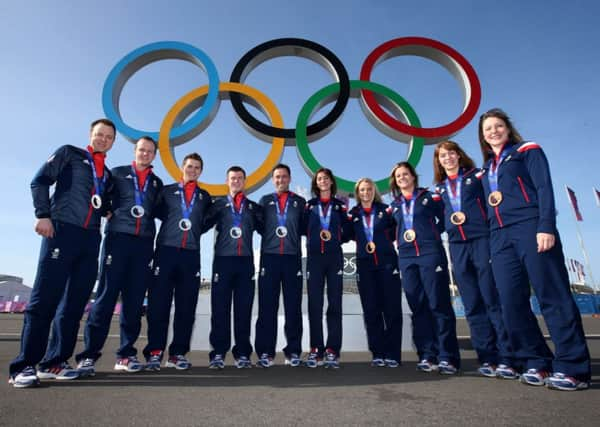Curling is bringing home more than medals


In terms of medals, UK Sport chief executive Liz Nicholl said: “If we achieve three, that is hugely significant.” UK Sport had a podium target of three to seven medals, after investing £14 million.
Curling has contributed disproportionately to Britian’s medal tally at the Winter Olympics in recent years, with over 25 per cent of British medals – the winners of which were mainly funded through the UK lottery system – won over the past four Games.
Advertisement
Hide AdAdvertisement
Hide AdThe British curling teams competing in Sochi were Scottish. As was the chef de mission Mike Hay, a former curler who was coach to the GB women’s team skippered by Scot Rhona Martin that won gold in 2002.
The GB team skippered by Eve Muirhead won bronze in Sochi and are current world champions. The men skippered by David Murdoch won silver. These two medals alone make up 50 per cent of GB medals won in Sochi.
In the first Winter Olympics, held in 1924, Britain recorded its highest single games tally of four medals. In the 90 years since, 22 medals have been won. In the last three Winter Olympics prior to Sochi, Britain gathered only four medals in total.
There are important lessons to be learned from curling and they are not all about medals or economic return. In an era when the legacies of major sporting events are questioned, curling’s legacy as a hub of activity for communities north and south, men and women, rural and urban, is impressive. The bonds of friendship and community forged are important.
Curling’s pedigree in Scotland pre-dates the first Winter Olympic Games. Curling was once the most popular sport in Scotland. The game has inspired a host of songs that testify to its place in communities. A comprehensive system of curling ponds existed prior to the development of indoor rinks.
Some have suggested that governments need new strategies for justifying economic spend on sport. Happiness levels and trust levels rose after London 2012 – will they do the same in Scotland or Sochi because of sport? If they do, maybe we should invest more in it.
• Professor Grant Jarvie is chair of sport at the University of Edinburgh
SEE ALSO